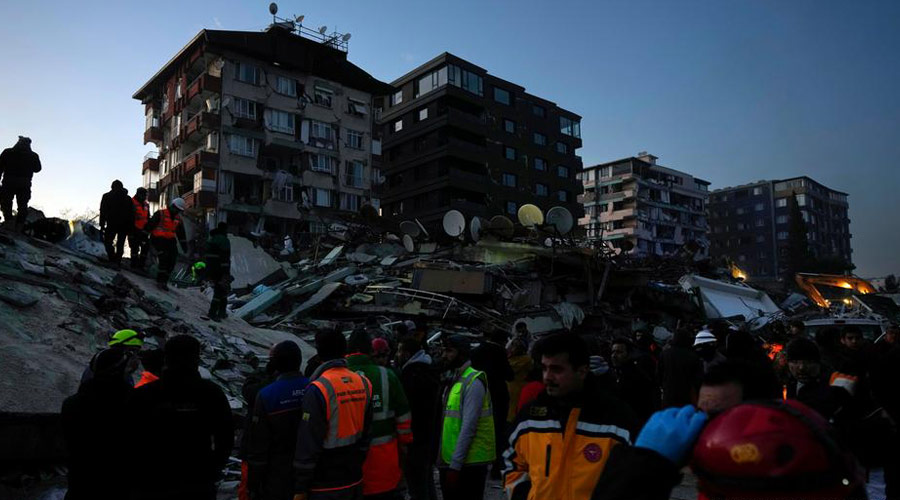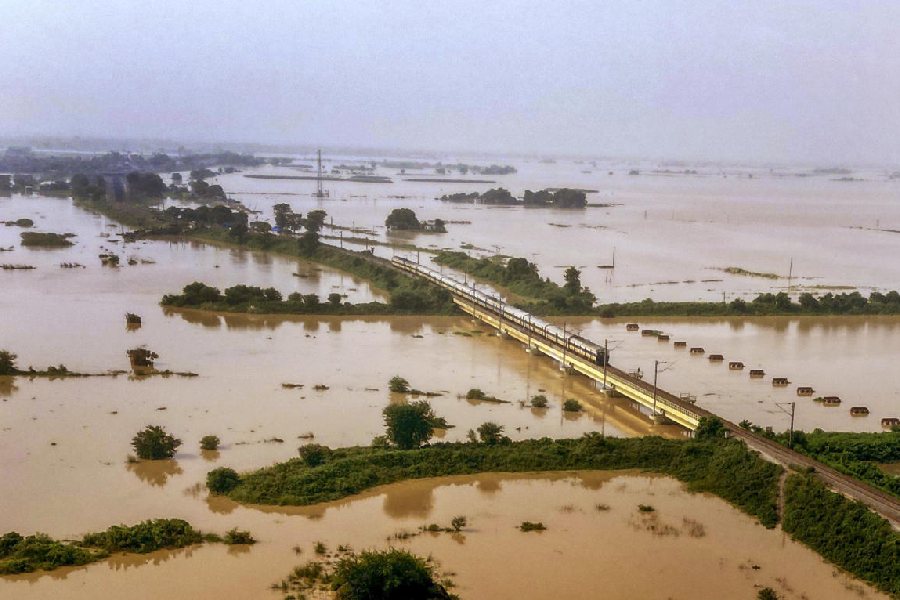After powerful earthquakes struck southern Turkey, Eylem Sahutoglu and her family endured two weeks of freezing nights under a blue tarpaulin. Then word came from government engineers who had inspected their building: They could return home.
But on Monday night, before they could move back into their house in Hatay province, the earth began shaking again. Another powerful quake had hit the region. “My legs went numb,” Sahutoglu said, recalling how she had fainted in her front yard as the house crumbled at her feet.
Sahutoglu’s ordeal is emblematic of the plight of thousands of Turks who were preparing to return home — only to be thrown deeper into uncertainty, lurching from one calamity to the next.
Hatay is a tableau of life at extremes, shaped by devastated infrastructure and pressing human need after a 7.8-magnitude earthquake struck on February 6, followed by a powerful aftershock the same day. The quakes killed more than 43,000 in Turkey and over 5,500 in Syria.
Then Monday’s 6.3-magnitude earthquake struck. Despite international aid flow into Turkey, the nearly 1.7 million displaced people in the quake zone face the almost impossible challenge of rebuilding their lives in squalid conditions.
About 750,000 are sheltering in tents, breathing air thick with pollutants unleashed from tombs of rubble as tectonic plates continue to rumble, reminders that a fresh disaster could strike at any moment. The extensive damage to infrastructure is swiftly turning hard-hit communities into petri dishes for disease, according to health care officials and residents.
More than 800,000 people have fled the quake zone since the first earthquake, according to Yunus Sezer, the president of Turkey’s emergency management agency, AFAD. About 350,000 others have been evacuated.
“Even when we are standing still, we feel like we are moving,” said Sahutoglu’s son, Ahmet, 20. He added that the unpredictability of the aftershocks, coupled with the harsh living environment, had prompted families to vacate land they had owned for generations and to move to coastal cities like Antalya, Mersin, or Konya, in central Turkey.
New York Times News Service











